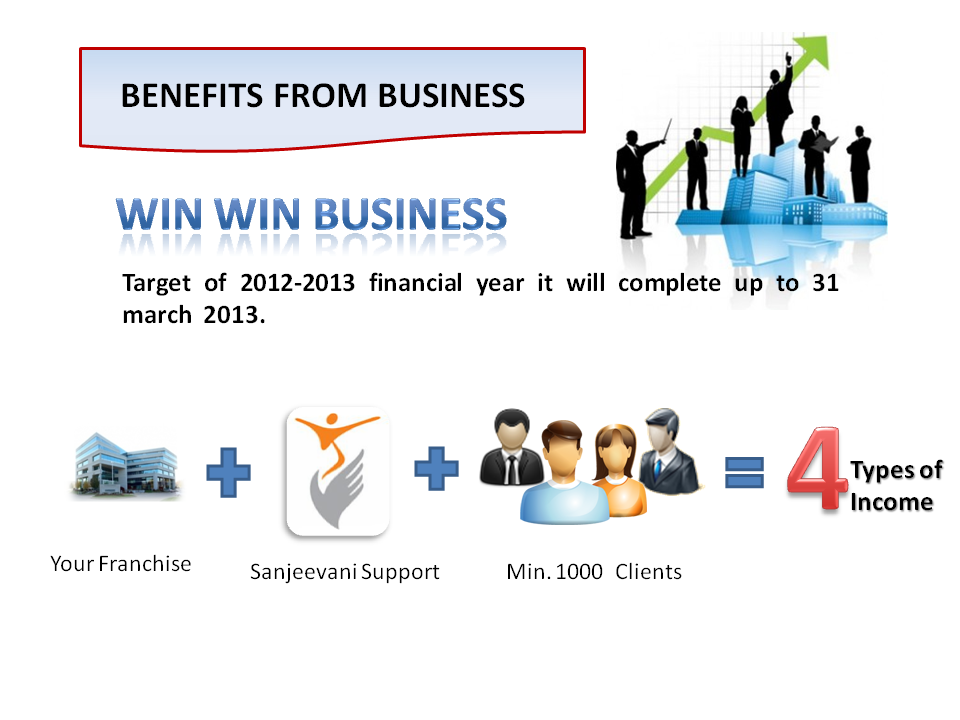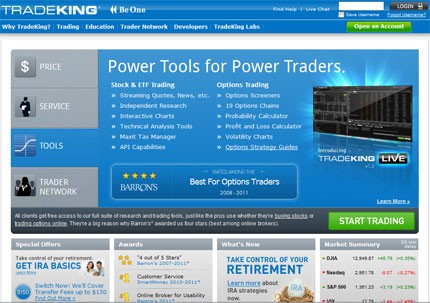How to Choose the Best Online Broker for Trading Stocks
Post on: 15 Сентябрь, 2015 No Comment

Need an online broker? First you need to know the different types of online brokers that are available. Choosing the best broker for you is the most important undertaking that you will take when learning to trade stocks online.
Types of brokers
There are two types of brokers: full service brokers and discount brokers.
There is a monumental difference between the two!
Full service brokers
Full service brokers like Merrill Lynch offer investment advice, retirement planning, etc. These brokers will give you advice on investing. Choosing this type of broker for long term investing would be your best option if you need guidance in these areas.
Discount Brokers
Discount brokers like Ameritrade will offer significantly reduced fees and commissions but they do not offer any kind of advice regarding which stocks to buy or how you are going to retire in 10 years. You are on your own! For swing trading and day trading your best option is to use a discount broker.
After all, you won’t need any advice on which stocks to buy after visiting this website!
BUT WAIT! Before you go out and open up an account, you need two know that there are two different types of online brokers.
Web based online brokers
With a typical web based broker (like Ameritrade, for example) you will enter in your order to buy or sell stocks right from your browser. You don’t have to download any kind of software. Instead, you just log in to you brokers website, up pops the order screen, and you enter in you order. In reality, this process is kind of like sending an email to them with a buy or sell order. Simple right?
Well, it is easy but there are two problems with web based brokers. These two problems are known as payment for order flow and internalization.
Payment for order flow
When you execute a trade, your broker may direct your order to a third party and get paid for it in the form of a kickback. Obviously this can result in you not getting the best price and it can take significantly longer to get your order filled.
Internalization
This is where it really gets good. Your web based broker can fill your order out of their own inventory and profit from it! This is good for them because they can avoid paying ECN fees. In fact, your order may not even go to the market at all. Instead, the broker can trade against its own customers orders with their account!
So keep in mind that your broker may be profiting off of you on a lot more than just the commissions and fees that they charge. Why? Because they control over how the order gets routed.
Direct access online brokers

With a direct access broker, you are trading directly with a market maker, specialist, or ECN via a software application. There is no middle-man involved and no broker intervention. You control how your order gets routed to the various exchanges. It’s just you and the market!
Software
With a direct access broker you will need software to execute your trades. You broker may provide this for you or you may have do download a third party software solution for you needs. Check with your broker on the various software applications that are available.
In addition to the commissions charged for your trades, you may be charged for ECN (Electronic Communications Networks) fees. These fees can be charged to the customer for access to these networks.
Other fees may include market data fees. These fees may be charged for access to the data that feeds your software application. You will need to check with your broker to find out their specific fee schedule.
What is the best online broker for swing trading?
So which type of broker is the best for swing trading? Well, you definitely want to use a discount broker. That’s a given. When you are first learning to trade, you can start off with a web-based broker but at some point you may want more control over how your trades are handled.
At that point you may want to consider going with a direct access broker.
Finding a good online broker can be very time consuming. There are many factors to consider based on your specific needs. Take the time to compare the different trading platforms, fees, and commissions.
It can make the difference between a losing year and a profitable one!














